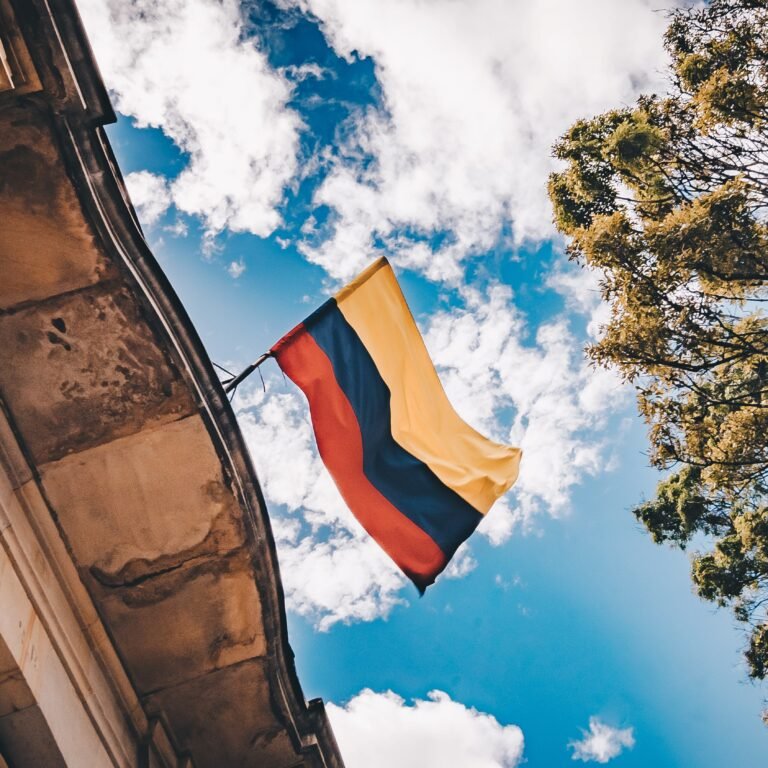Written by María Mercedes Vivas, Executive Director of the Orientame Foundation in Colombia
On the 21stSt February, after more than 500 days of consultation the Constitutional Court of Colombia decided to decriminalizeunder any circumstances, abortion up to 24 weeks of pregnancy. This huge win is the result of a lawsuit filed by Causa Justaa coalition of more than 100 organizations and people to remove the criminalization of abortion from the criminal code. The case contained more than 90 arguments showing that existing restrictions on abortion services not only hindered access to services for women and people who could become pregnant, but also led to unsafe abortions. These arguments were valuable to the Constitutional Court and were also necessary to change the public debate. Causa Justa guided the debate, took it to the streets and included many people who had not been part of the debate but suffered the consequences of such an unequal system. Causa Justa also clearly showed that 40% of women criminalized for seeking abortions are victims of sexual violence. The Constitutional Court finally accepted that the criminalization of abortion affects the right to health, violates the freedom of conscience of women, girls and people of childbearing potential, disproportionately affects marginalized communities and misuses the criminal code.
In Colombia, from 2006 to 20u in February 2022, people could legally have an abortion in only three cases: to preserve their life or health, in case of malformation of the fetus incompatible with life, and if the pregnancy was due to rape. The right to choose was not a condition that provided legal access to abortion. Oriéntame is a sexual and reproductive health clinic in Colombia and one of the organizations belonging to the Causa Justa coalition. Over the past 16 years, Oriéntame Clinics has fully implemented these regulations to include as many people as possible. If the concept of health is understood as a general and fundamental condition for having a fulfilling life, there is no reason to deny any request for an abortion. However, Oriéntame was one of the few places that used the broad interpretation of the “maintenance of health” condition. Many people seeking services encountered barriers mainly because abortion was still a crime. The main requirement for legal access to an abortion was that a doctor had to certify that terminating a pregnancy was not a crime, thus turning doctors into gatekeepers. Unfortunately, many doctors did not challenge this position and found it useful to prevent women from accessing safe abortion services. When abortion is criminalized, it not only affects women, but also the providers. Oriéntame was systematically singled out for her services and there was little support from the authorities. Women attending the clinic and workers faced branding, harassment and stigmatization. From the crime of abortion spring many deviations from what is right.
With the upcoming election, political figures are discussing access to safe abortion to attract votes, but a lot of misinformation has been shared that is creating confusion. For example, said the President this decision was to tempt women to use abortion as a method of contraception. In the meantime, Causa Justa continues to work to protect what we achieved in February and make safe abortion accessible to everyone. At Oriéntame, we quickly adapted our systems and documents, which allowed us to provide services using the new guidelines the day after the Court’s decision. We offered the same service we have always offered, but the woman’s request for an abortion was enough – no further screening was needed as the barriers were removed.
The impact of this decision goes beyond sexual and reproductive health and rights. It reaches other cases and circumstances where the criminal code is inappropriate and abusive. It is also an important contribution to the women’s movement and gender equality. Colombia has learned from Argentina and Mexicoand I am sure that other countries will learn from our experience. THE green wave in Latin America and the women’s movement works this way – we learn and teach each other to help advance sexual and reproductive rights, human rights and democracy.
Please note that blog posts are not peer-reviewed and do not necessarily reflect the views of SRHM as an organization.
